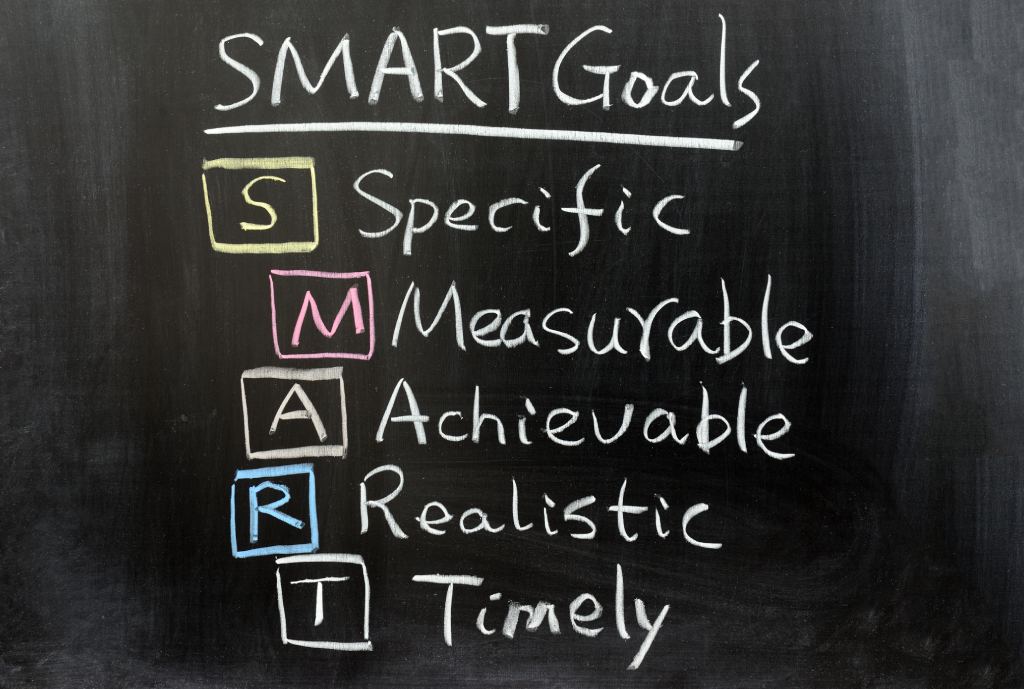
Smart Goals How To Make Your Goals Achievable
Do you ever feel like you’re working hard but not getting anywhere? Maybe you see little improvement in your skills or achievements when you reflect on the last five or 10 years. Or perhaps you struggle to see how you’ll fulfil your ambitions during the next few years.
Many people spend their lives drifting from one job to another, or rushing around trying to get more done while actually accomplishing very little. Setting SMART goals means you can clarify your ideas, focus your efforts, use your time and resources productively, and increase your chances of achieving what you want in life.
In this article, we’ll explore what SMART goals are, and we’ll look at how you can use them to achieve your objectives.
1. What Are SMART Goals?
SMART goals have been around for over 30 years now. In 1981, consultant and former director of corporate planning for Washington Water Power Company, George T. Doran, published a paper titled, “There’s a SMART Way to Write Management’s Goals and Objectives,” introducing the SMART goals criteria as a way to improve your chances of accomplishing your goals.
SMART goals are versatile and can be applied to both personal and professional areas of life.
2. How To Set SMART Goals
Remember that S.M.A.R.T. stands for specific, measurable, achievable, relevant, and time-bound.
The goals you create should embody all of these elements. Once they do, you will see the true potential of this term and how you can utilize it to achieve success in your life. Let’s start at the beginning.

3. Specific
Your goal should be clear and specific, otherwise you won’t be able to focus your efforts or feel truly motivated to achieve it. When drafting your goal, try to answer the five “W” questions:
What do I want to accomplish?
Why is this goal important?
Who is involved?
Where is it located?
Which resources or limits are involved?
4. Measurable
It’s important to have measurable goals, so that you can track your progress and stay motivated. Assessing progress helps you to stay focused, meet your deadlines, and feel the excitement of getting closer to achieving your goal.
5. Achievable
Your goal also needs to be realistic and attainable to be successful. In other words, it should stretch your abilities but still remain possible. When you set an achievable goal, you may be able to identify previously overlooked opportunities or resources that can bring you closer to it.
6. Relevant
This step is about ensuring that your goal matters to you, and that it also aligns with other relevant goals. We all need support and assistance in achieving our goals, but it’s important to retain control over them. So, make sure that your plans drive everyone forward, but that you’re still responsible for achieving your own goal.
7. Time-bound
Every goal needs a target date, so that you have a deadline to focus on and something to work toward. This part of the SMART goal criteria helps to prevent everyday tasks from taking priority over your longer-term goals.
